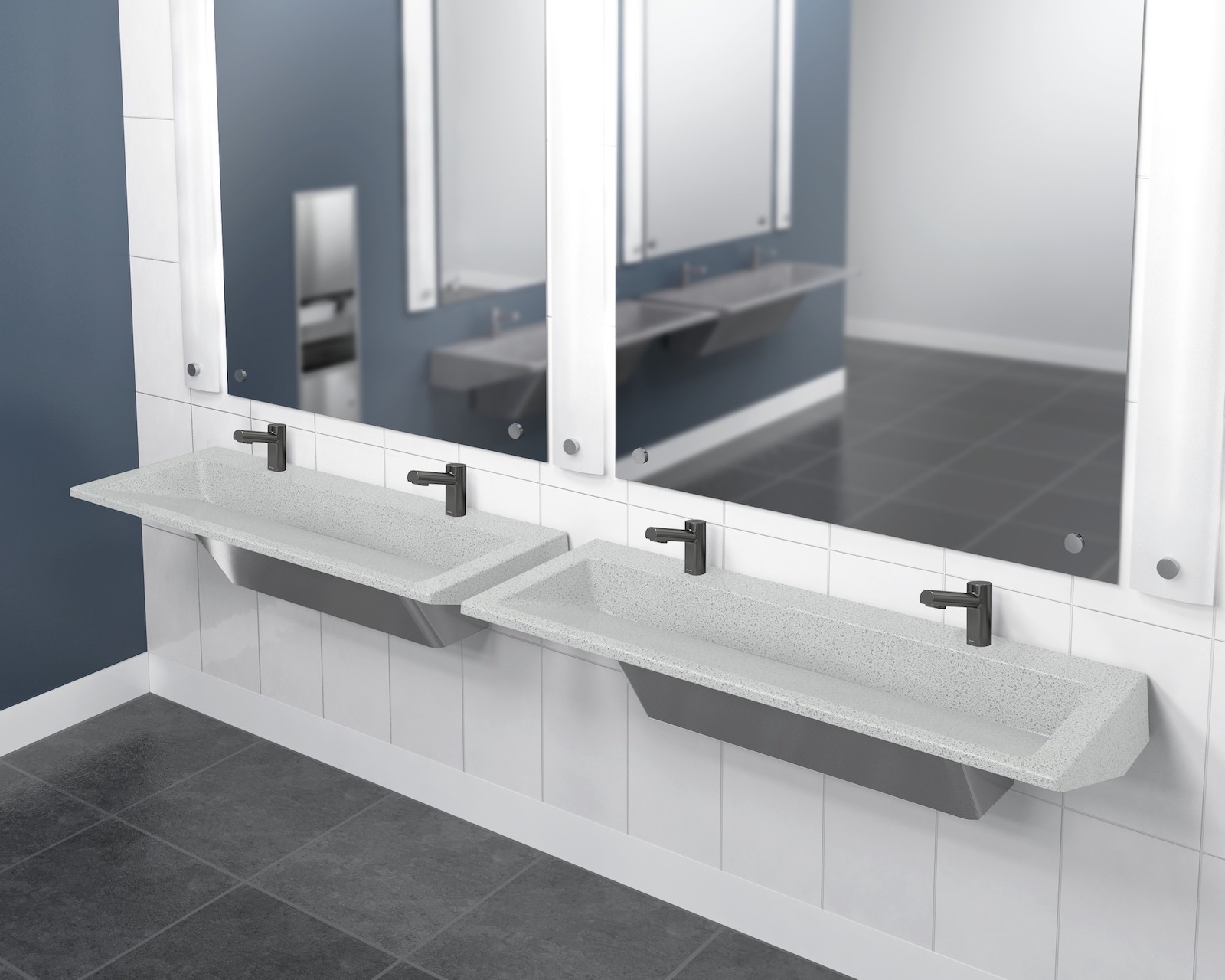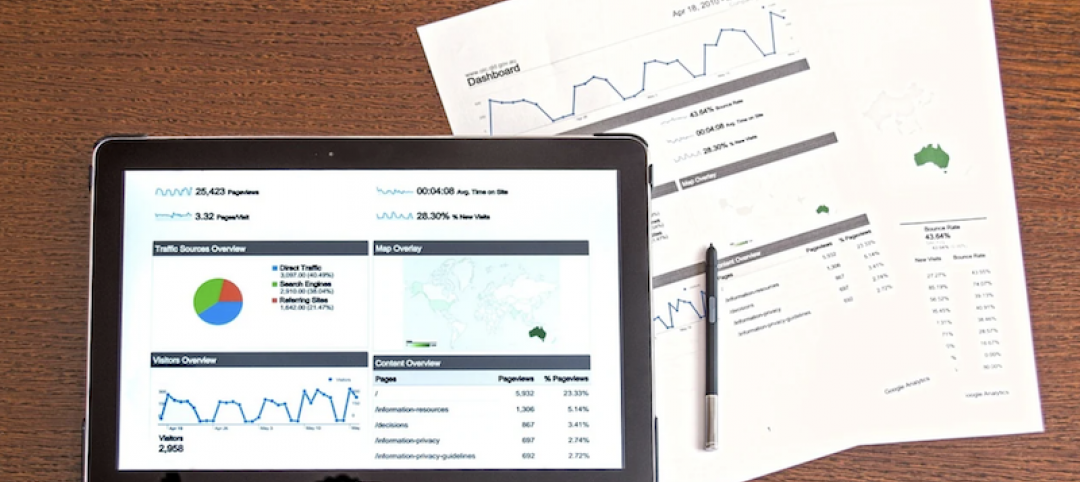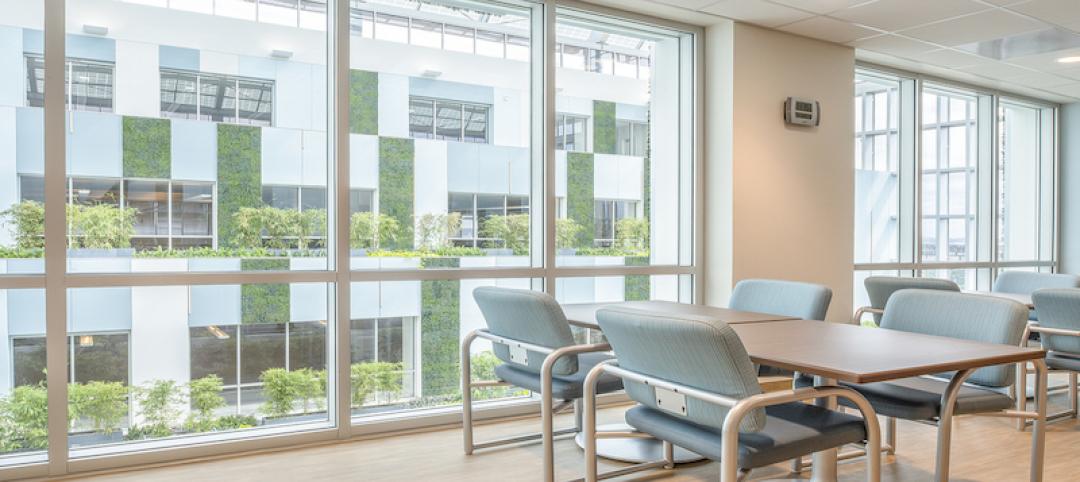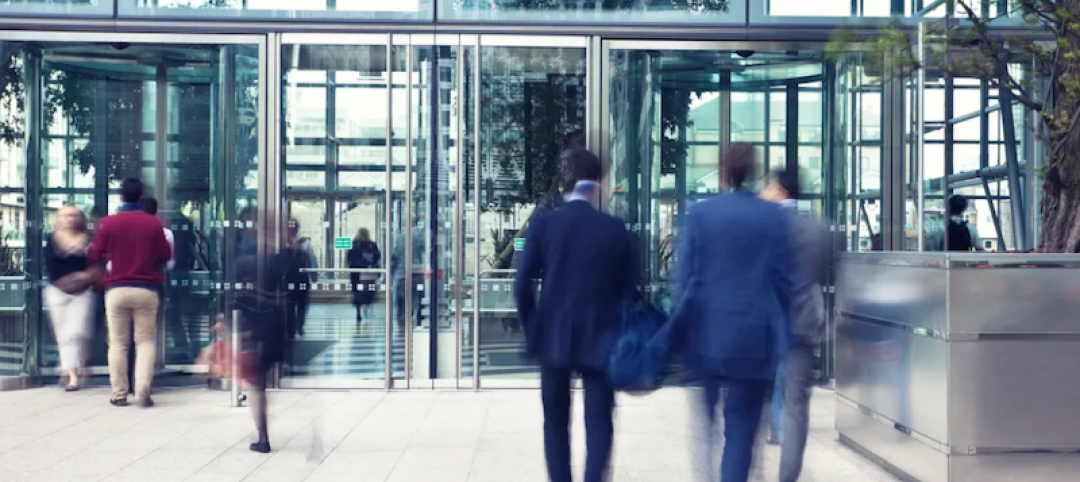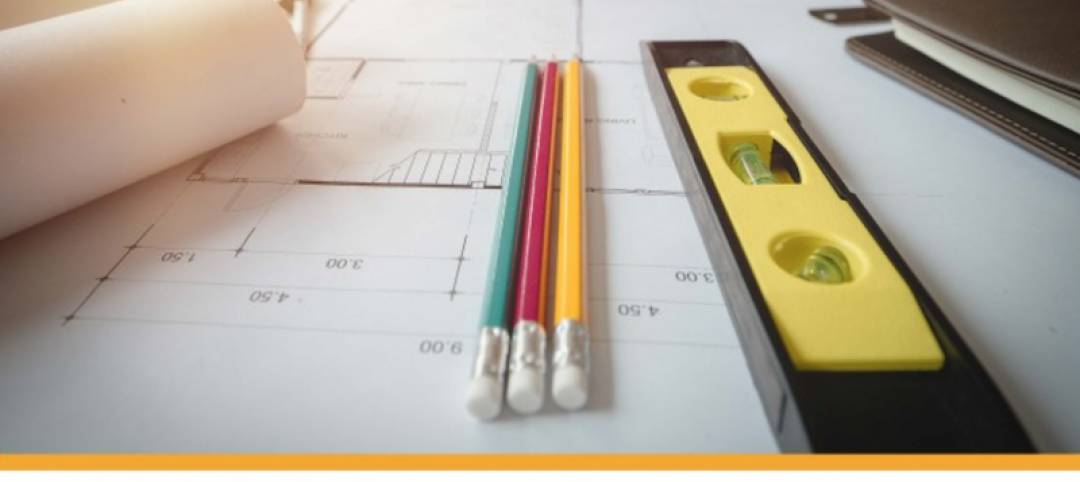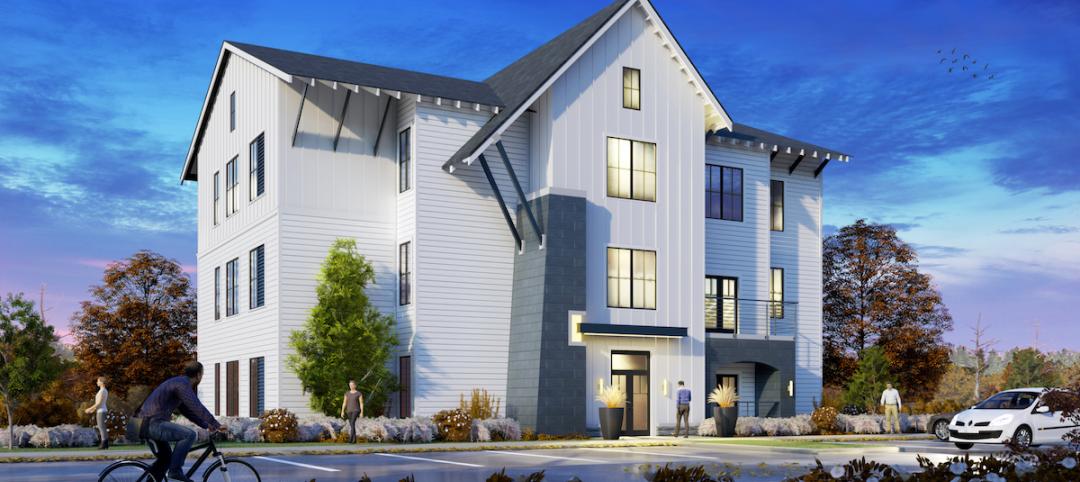Upon entering the third year of the pandemic, Americans are not only more sensitive to germs in public restrooms, they now hold higher standards for the cleanliness, condition and technology used in these shared spaces, according to the annual Healthy Handwashing Survey™ from Bradley Corporation conducted in January.
Despite ongoing Covid outbreaks, most Americans have not been deterred from using public bathrooms. In fact, 41% of Americans report using public restrooms as often as they did before Covid came on the scene. Interestingly, 27% say they use them more now than previously.
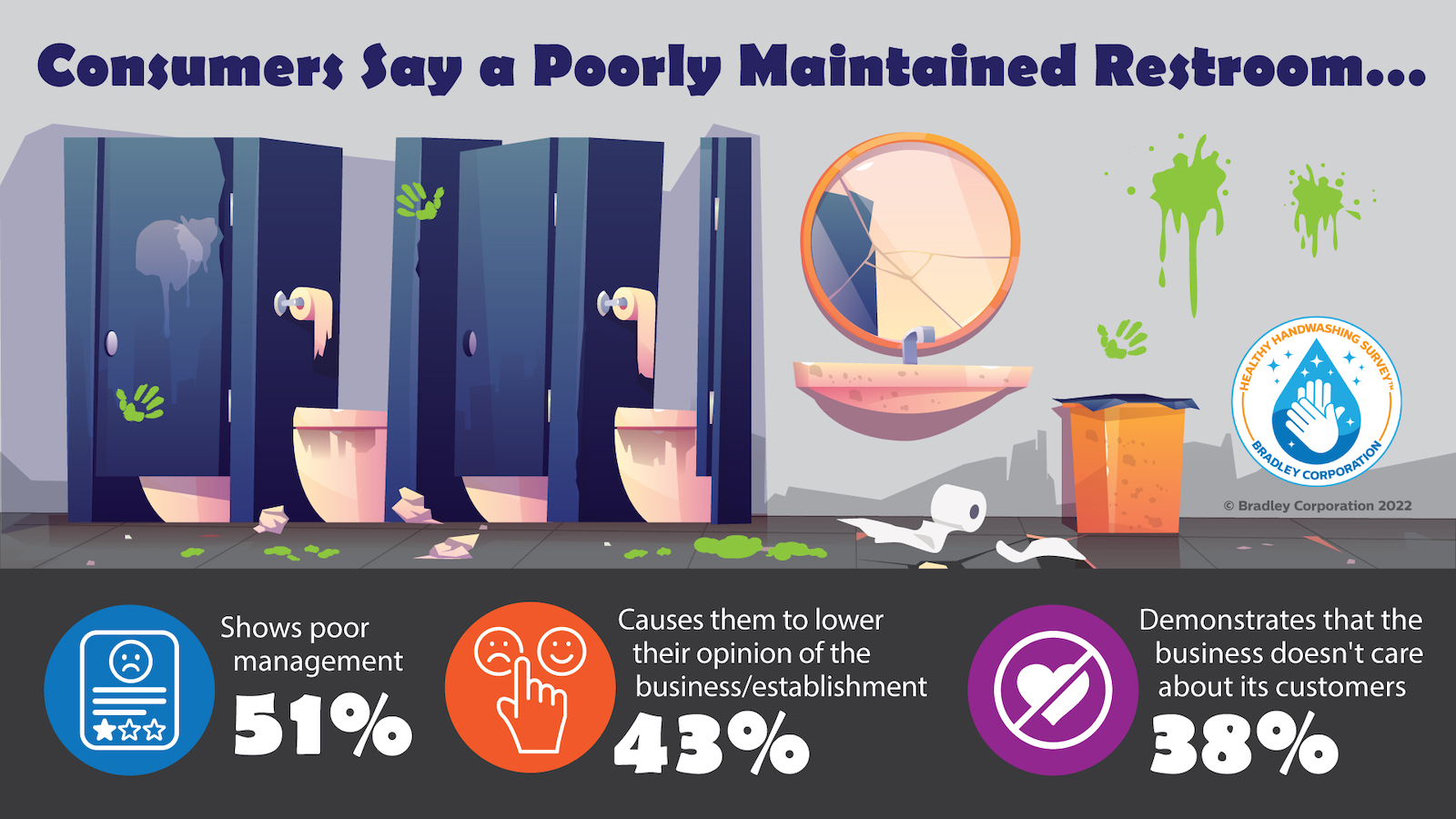
“Thanks to the pandemic, more people are paying closer attention to various elements in public restrooms – how clean they are, how easy they are to navigate without touching surfaces and how they can be improved,” said Jon Dommisse, vice president of marketing and corporate communication for Bradley Corp., a global manufacturer of commercial restroom equipment.
The survey, which has examined the state of U.S. public restrooms and handwashing habits for 13 years, identified key Covid impacts on how Americans view public restrooms – as well as the businesses and establishments that provide them.
#1 Restroom maintenance gets higher marks
A positive side effect of the virus is that half of the population believes public restrooms are now cleaner and in better condition than before Covid. More men (55%) give a thumbs up to the cleanliness of restrooms compared with women (47%).
“Prior to Covid, upwards of 70% of Americans reported having an unpleasant restroom experience,” Dommisse explained. “Evidently, increased cleaning protocols and stocking of supplies is being observed and appreciated by restroom users.”
Further, 79% think a posted and updated cleaning schedule in a restroom is important. “Signage goes a long way in helping to reassure visitors the facility is taking steps to ensure a clean environment and cares about keeping them safe,” he said.
#2 Unclean restrooms tarnish the overall business
Americans increasingly think poorly of a business when they encounter a messy restroom. In 2022, 51% of Americans say an unpleasant public restroom at a business shows poor management, up from 39% in 2021. Respondents also report that encountering neglected restrooms lowers their opinion of the establishment (43%) and shows the business doesn’t care about its customers (38%).
#3 Americans place high value on touchless restrooms
84% of Americans believe it’s important for public restrooms to be equipped with touchless fixtures and 63% say they are more likely to return to a business that offers no-touch capabilities in its restrooms.
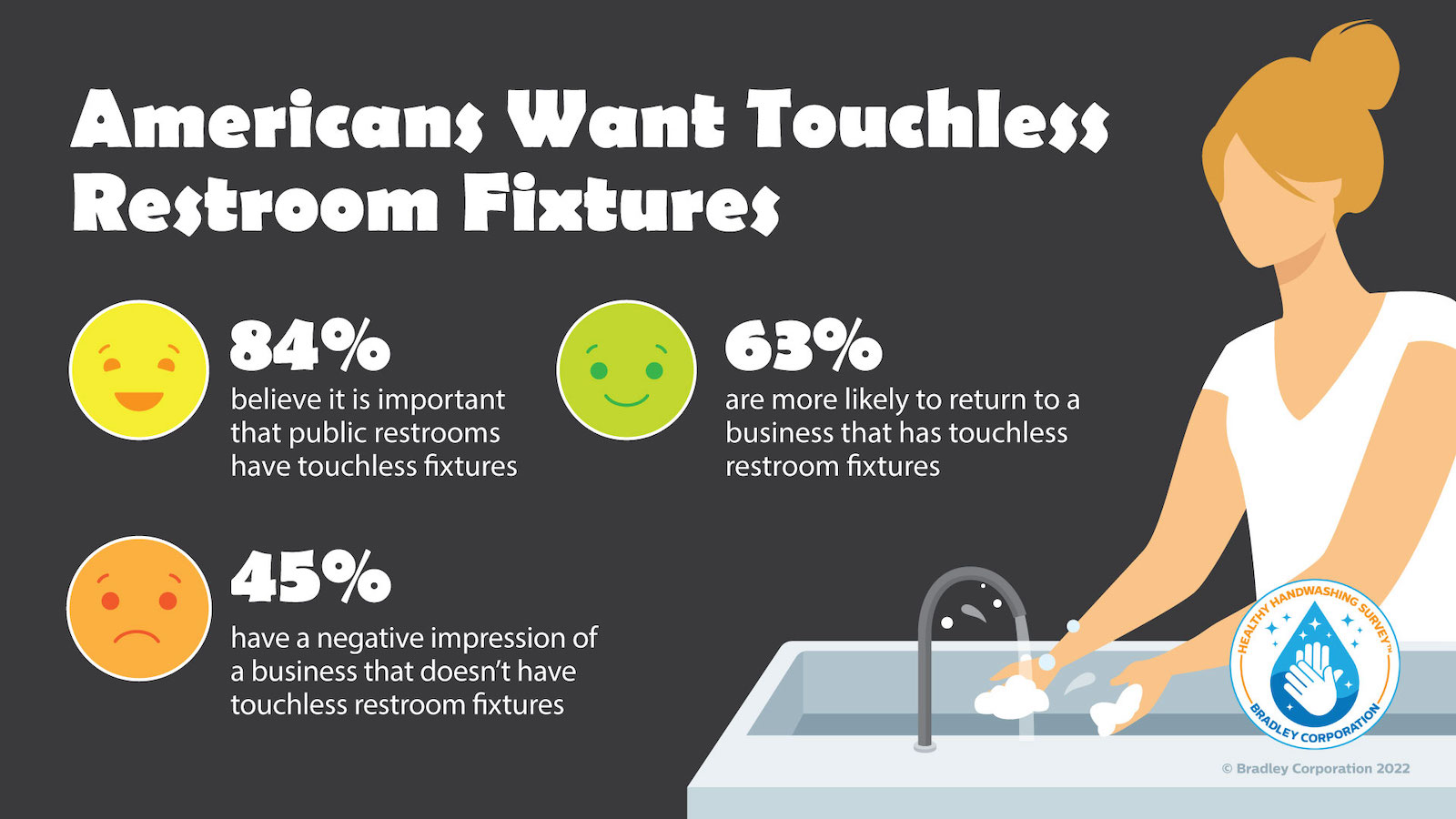
“In fact, Americans view touch-free technology as the number one feature that makes them feel safer from germs in restrooms,” Dommisse said. “Touchless features are also Americans’ most requested improvement in restrooms. More cleaning/restocking takes second place.”
Which touchless restroom features are considered most important? Respondents cite faucets, soap dispensers, flushers and restroom entrance doors as their top four.
#4 Consumers spend more money at a business with pleasant restrooms
Americans are willing to put their money behind restroom cleanliness. Almost 60% say they are likely to spend more cash at a business with clean, well-maintained restrooms. Another 58% say when out running errands they’ll take restroom breaks at a business they know has “good” restrooms.
#5 Coronavirus concerns persist, in general
The majority of Americans continue to be in an elevated state of germ consciousness, triggered by the coronavirus. While 89% of the general population felt more aware of germs in April 2020, that number has fallen to 78%. Northeasterners currently have the highest level of germ concerns (86%) while Midwesterners have the lowest level (72%).
“Certain types of facilities cause more trepidation about coming into contact with germs,” Dommisse added. “Specifically, Americans are most concerned about germs in stores (50%), medical facilities (39%), restaurants (34%) and gas stations (28%).”
The annual Healthy Handwashing Survey from Bradley Corp. queried 1,035 American adults Jan. 10-21, 2022, about their handwashing habits, concerns about the coronavirus and flu and their use of public restrooms. Participants were from around the country and were fairly evenly split between men (46%) and women (54%). For more information, visit www.bradleycorp.com/handwashing.
Related Stories
Coronavirus | Nov 9, 2020
Even now, marketing is not a four-letter word
As AEC firm leaders consider worst-case scenarios and explore possible solutions to surmount them, they learn to become nimble, quick, and ready to pivot as circumstances demand.
Coronavirus | Nov 5, 2020
Thornton Tomasetti releases 'Healthy Reentry' free software to aid safe office return
Open source app provides customizable health reporting and contact tracing capabilities.
Multifamily Housing | Oct 30, 2020
The Weekly show: Multifamily security tips, the state of construction industry research, and AGC's market update
BD+C editors speak with experts from AGC, Charles Pankow Foundation, and Silva Consultants on the October 29 episode of "The Weekly." The episode is available for viewing on demand.
Coronavirus | Oct 19, 2020
Flexible design helped the University of Kansas Strawberry Hill Behavioral Health Hospital adapt to the coronavirus
The University of Kansas Strawberry Hill Behavioral Health Hospital had been open for just over six months when it was faced with the global coronavirus pandemic.
Coronavirus | Oct 14, 2020
Altering facilities for a post-COVID-19 world
There are several possibilities when it comes to reconfiguring or adjusting a space to maintain the health and safety of workers, from reorganizing spaces to enable social distancing measures to full teardown and reconstruction of a plant.
Coronavirus | Oct 8, 2020
The Weekly show: Statue of Liberty Museum, emotional learning in K-12, LA's climate change vulnerability
The October 8 episode of BD+C's "The Weekly" is available for viewing on demand.
Coronavirus | Oct 7, 2020
AIA releases 3D models, strategies for reducing risk of COVID-19 in polling places
Awards program highlights trends in healthcare facility designs.
Coronavirus | Oct 2, 2020
With revenues drying up, colleges reexamine their student housing projects
Shifts to online learning raise questions about the value of campus residence life.
Coronavirus | Oct 1, 2020
The Weekly show: Decarbonizing Chicago, re-evaluating delayed projects, and the future of the jobsite
The October 1 episode of BD+C's "The Weekly" is available for viewing on demand.


